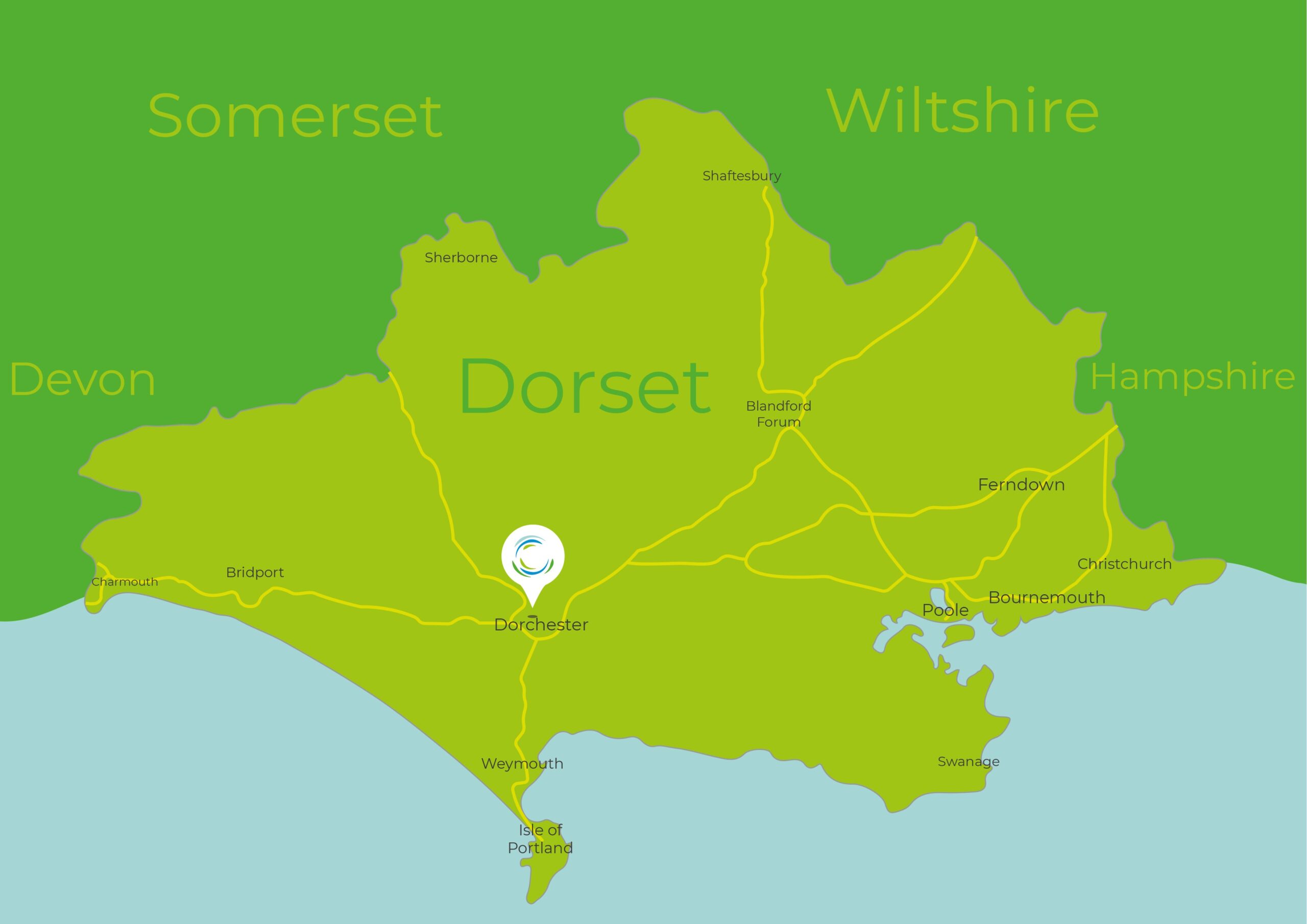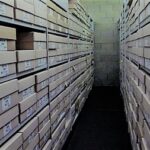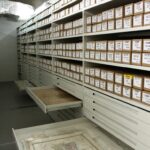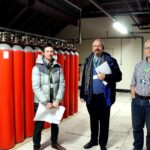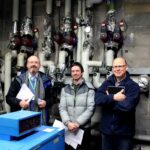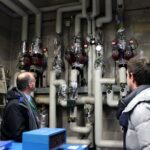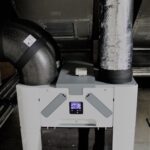This innovative approach sought to make the fabric and structure of the Dorset History Centre airtight – essentially sealing walls with impermeable paint and filling cracks to prevent air ingress/egress. Making the Centre a more stable environment in terms of temperature and humidity. Two new closed radiator systems with lower energy requirements were installed – and are also quite unusual to find in an Archive building.
The scheme has been project managed through Dorset Council (as the building owner). There has been a minor teething problem in one small part of the building which is being resolved. Overall, it has worked well, proving that this novel approach can work in an Archive setting.
This innovative project has reduced the History Centre’s electricity energy consumption by about 80%. Before, annual energy costs for electricity and gas were around £30,000. Now they are down to about £5-10,000. The Centre already benefits from a solar PV array on the roof (installed about six years ago) so sometimes they can be virtually cost neutral on electricity costs.
The novel approach taken at the Dorset History Centre is one that other archive services could learn from, and the team has already received requests from other centres in the UK wanting to know more about their project.


